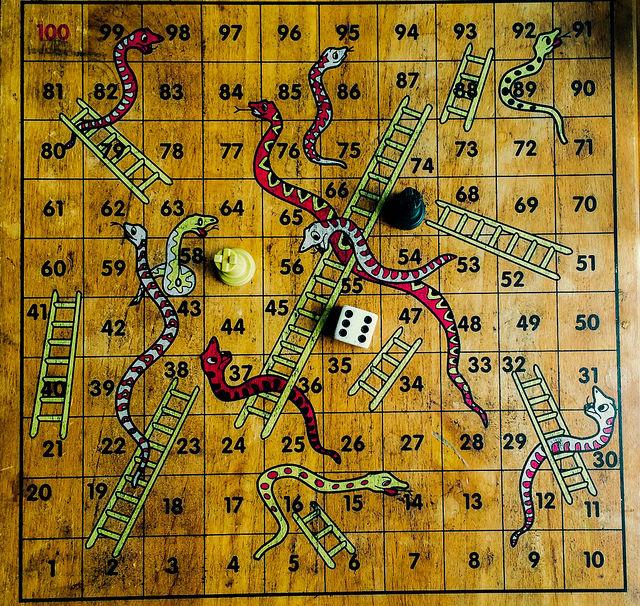It was widely expected that President Joko Widodo would present far more diplomatic problems for Australia, than did his predecessor, Susilo Bambang Yudhoyono. Over the past eight months it has become apparent just how much more difficult Australia-Indonesia relations are likely to be under Jokowi than for the previous government. Yudhoyono prided himself on his statesman-like qualities and strived to project an image of Indonesia abroad that was responsible, measured and sensitive to international opinion. He was particularly concerned that Indonesia would play a greater role in world affairs and readily sought to mediate in international disputes and to be an advocate of democracy and tolerance, especially in the Muslim world. Despite twice withdrawing Indonesia’s ambassador to Canberra, Yudhoyono remained well disposed to Australia and endeavoured to maintain harmonious relations.
Jokowi has none of Yudhoyono’s interest in, nor aptitude for, foreign policy. He came to the presidency in October 2014 with little experience in international affairs. Most of what he knew of the broader world had been gained through his commercial activities as a furniture exporter and his limited interactions with foreign officialdom through his role as Jakarta governor. During the presidential campaign, Jokowi repeatedly said he would be a domestically focused head of state, and not preoccupied with external affairs. He did have a number of advisors with foreign policy expertise, such as Dr Rizal Sukma and former general Luhut Panjaitan, but Jokowi’s statements on international issues were relatively few and were usually delivered in a stilted manner as if he had had to carefully memorise his lines.
Over the past eight months, Jokowi’s foreign policy priorities have become clearer. He explicitly jettisoned Yudhoyono’s international activism and declared the focus of his government abroad would be economic diplomacy. He has instructed his diplomats to concentrate on trade and investment issues, and has indicated that their success in bringing in export contracts and foreign direct investment will become key criteria in assessing their performance. His foreign minister—Retno Marsudi—has underscored the president’s message, telling her Ministry’s staff how she, when ambassador to the Netherlands, would personally monitor the availability of Indonesian goods in local stores and persuade shop-holders to stock more items from her country. She has asked her heads of mission to spend more time at trade fairs and less time in routine diplomatic meetings.
Jokowi’s view of international relations appears straightforward. He has a deep suspicion of the motivations of larger powers, especially western, and has referred repeatedly to the exploitative nature of ‘developed’ nations relations towards ‘developing’ nations such as his own in his speeches. Such sentiments are widely held across Indonesia’s political elite and broader society. At a recent summit of Asian and African leaders in Indonesia he bemoaned the unjust, unequal and violent character of global affairs and said ‘wealthy nations feel able to change the world by using their power’ in a way that brings suffering for millions of people. He criticised the United Nations for its impotence in addressing global poverty and injustice.
Jokowi thus has both a strong developmentalist streak to his foreign policy as well as wariness of western powers. These two streaks can lead to contradictory outcomes. On the one hand, Jokowi appeals for massive foreign investment to fund his ambitious infrastructure developments plans but on the other hand presides over a growing array of protectionist measures and restrictions upon expatriate business people in Indonesia.
In the case of Australia, Jokowi appears not so much antipathetic as uninterested. He appears to regard Australia (not without reason) as much closer aligned to the US and other western powers than it is to Indonesia and other Southeast Asian nations. This probably means Australia, in his mind, falls into that group of nations which approaches Indonesia with manipulative intent. The Snowden revelations about Australia spying on Indonesia’s political leaders would be taken as evidence of this approach. Moreover, Australia is not the kind of rapidly developing nation that interests him.
Australia is projected to slip down the rankings of relative wealth in coming decades, whereas Indonesia will rise, possibly into the top five by 2050. Jokowi is most drawn to nations that have developed quickly to become strong economies, such as China, South Korea, Japan and India. It’s countries like these, rather than ‘declining’ nations like Australia and the US, that he believes hold lessons for Indonesia as it prepares to be a major economic power.
The executions issue has highlighted the difficulties that Australia will face in seeking to have good relations with the Jokowi government. To begin with, Jokowi was personally unperturbed by the international outcry over his policy of executing convicted drug smugglers, even though many of his advisors and prominent foreign affairs commentators warned him of reputational harm to Indonesia. In the months before the execution of Chan and Sukumaran, Jokowi made clear to his inner circle that he didn’t even want to discuss the matter and would not resile from his executions policy. This proved immensely frustrating for the Australian government as its intensive advocacy and lobbying efforts proved incapable of budging the president.
Jokowi and senior ministers took particular umbrage at a number of statements from the Abbott government. Prime Minister Abbott’s linking of tsunami aid with clemency aroused considerable ire, as did Foreign Minister Bishop’s offer that Australia would pay the costs of keeping Chan and Sukumaran in prison should the president choose to spare their lives.
As Australia seeks to rebuild its relations with the Jokowi government, it will need to take account of the fact that the Indonesian president is pursuing a much narrower foreign agenda than any of his predecessors. Arguably he is less inclined to show favour to Australia than any president since Sukarno in the 1960s.
